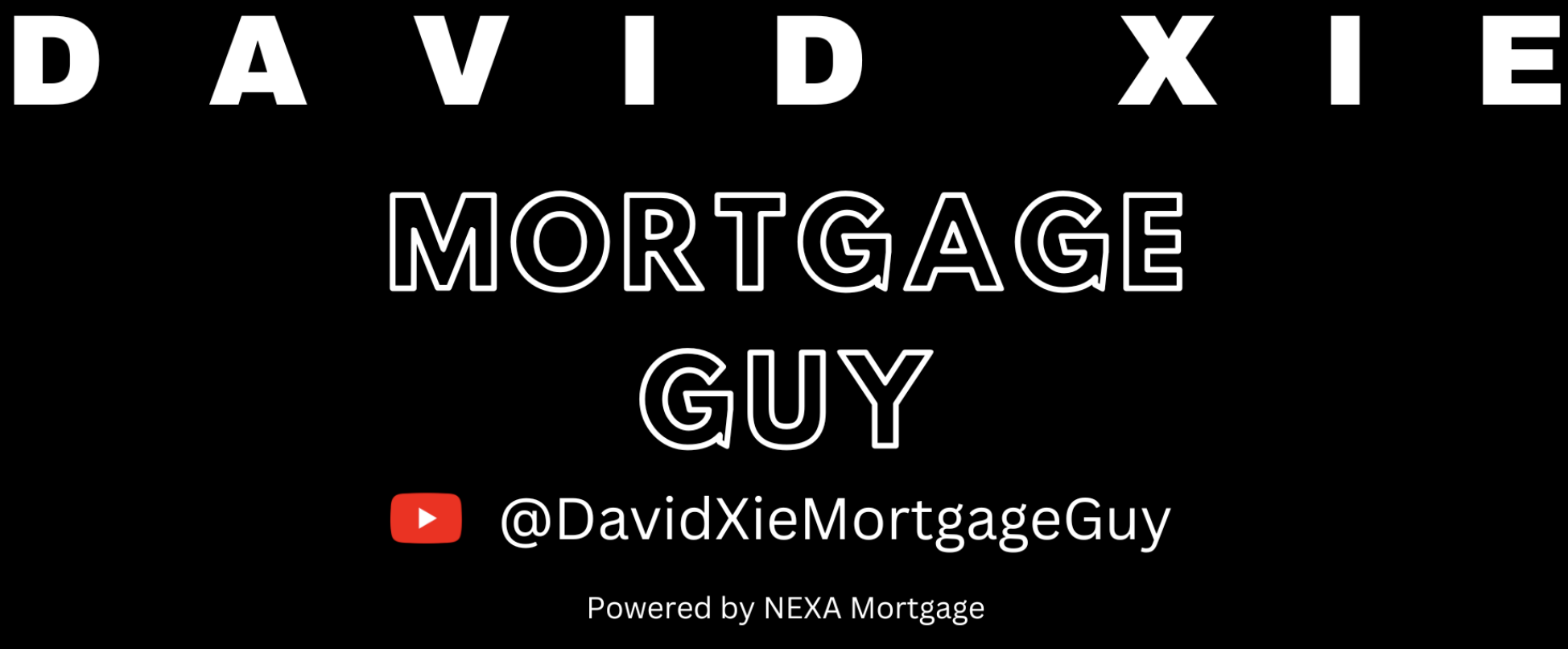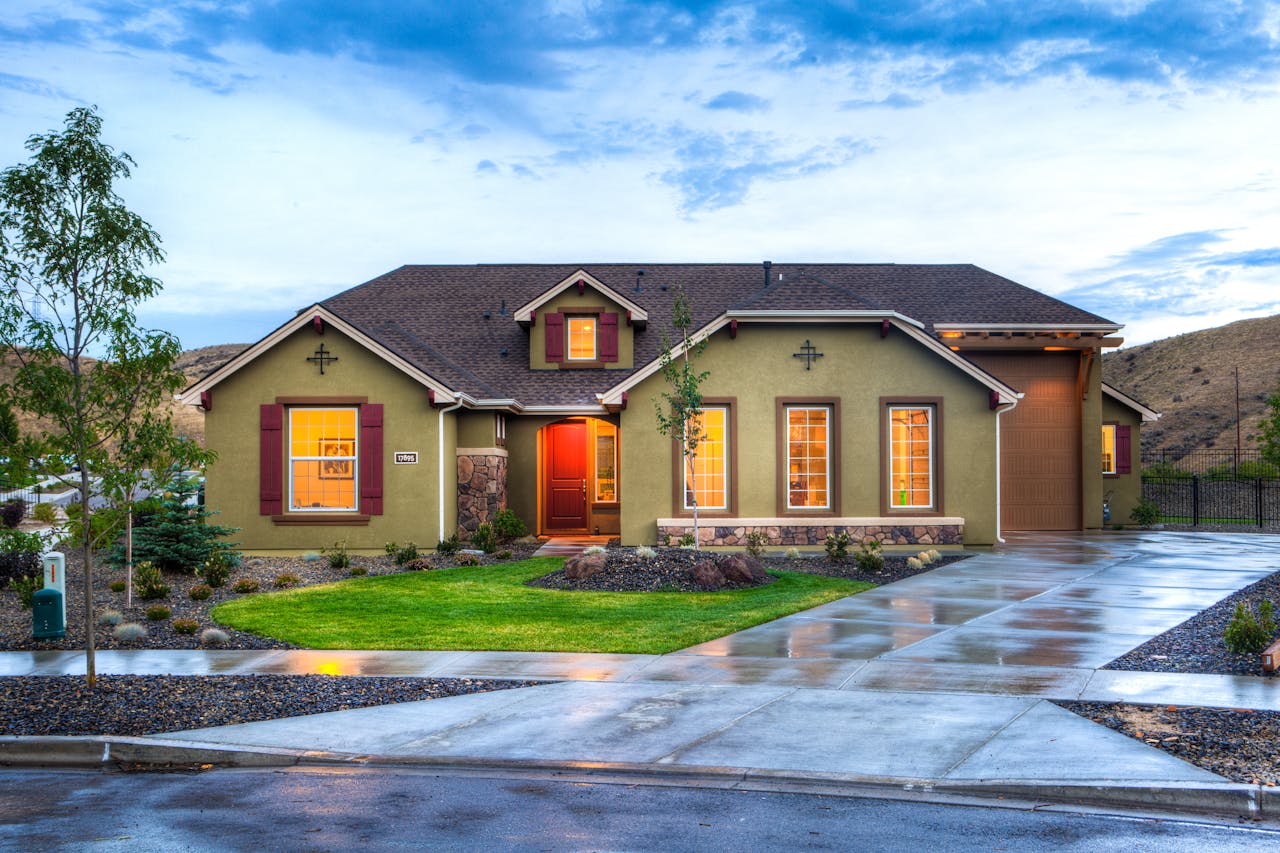The journey to selling your home is like preparing a nest for one final, profitable…
A Step-by-Step Guide to Shopping for a New Home
 Whether This Is Your First or Tenth Home Purchase
Whether This Is Your First or Tenth Home Purchase
Whether it’s your first or tenth home purchase, shopping for a new home is an exciting yet potentially overwhelming experience. The process can be stressful and lengthy, especially when balancing remote work and other responsibilities. However, with the right approach, you can find yourself in your dream home sooner than you think. This guide aims to help you stay organized and on track during your search for a new home, ensuring the process is as smooth and stress-free as possible.
Start Your Search
Before stepping into your first open house or private showing, it’s essential to take the time to prepare. Particularly if you’re balancing remote work alongside house hunting, being prepared will help you stay focused and efficient. Begin by asking yourself the following critical questions to ensure you’re fully informed and ready to embark on your home-buying journey.
What is my budget?
Determining your budget is crucial. Start by using a mortgage calculator to figure out how much you can afford to spend each month. This will help translate your monthly budget into a potential purchase price. Keep in mind that your budget must cover more than just the principal and interest on your loan. You’ll also need to account for property taxes, insurance, and homeownership costs like maintenance and repairs. These additional expenses are vital to consider, especially if you’re working remotely and managing a home-based office setup.
What kind of home do I want?
Next, think about the kind of home that suits your needs. At a minimum, you should determine how many bedrooms and bathrooms are essential. If you’re engaging in remote work, you may also want to prioritize space for a home office. Other factors like lot size, the school district or neighborhood, and key amenities such as a fenced-in yard or modern appliances should also be considered. It’s helpful to break these down into three lists: must-have, must-avoid, and nice-to-have features. For example, if you’re working from home, having a quiet neighborhood may be on your must-have list. Browsing online listings through platforms like Zillow can give you a clear picture of what’s available in your price range.
Who can help me with my search?
Whether this is your first or tenth home purchase, working with a Realtor or real estate agent can make the process much easier, especially if you are new to home buying or juggling remote work commitments. Seek recommendations from friends, family, coworkers, or neighbors who have had positive experiences with a real estate professional. A skilled agent can provide valuable insights into the market, and help you stay focused on homes that meet your criteria while respecting your budget.
Looking at Homes
Once you’ve established your budget, listed your preferences, and found a real estate professional, the fun begins—looking at homes. If you’re managing remote work, you may need to balance your house hunting schedule with your work commitments, making weekend open houses or virtual showings convenient options. Visiting homes can be enjoyable, especially if you have a clear idea of what you want and can make informed decisions with the help of your agent.
When visiting potential properties, inspect every room and feature thoroughly. Don’t hesitate to explore every nook and cranny, as the sellers are typically understanding of your diligence. After all, purchasing a home is a significant decision.
Special Home-Buying Opportunities
There are unique circumstances where home buyers can find incredible deals, especially if you’re flexible about timelines and property conditions. Here are a few to consider:
- Short sale: If you’re on a budget, a short sale might be an option worth exploring. In a short sale, the homeowner is selling the home for less than the remaining balance on their mortgage. While this option can take longer to finalize due to lender requirements, it often results in a lower purchase price, making it ideal for buyers seeking a good deal.
- Foreclosure: A foreclosure occurs when a homeowner defaults on their mortgage, and the lender repossesses the home. Banks and lenders often sell these properties at a discounted rate because they don’t want to hold on to them. However, foreclosure homes might have been vacant for months or years, so it’s essential to get a thorough inspection before finalizing your purchase to account for potential repairs.
- Starter Home: If your dream home is currently out of reach, consider purchasing a starter home. A smaller, more affordable home is an excellent way to begin your journey as a homeowner. These properties often appreciate over time and can be sold when you’re ready to move up to a larger home, especially as your financial situation improves, whether from career advancements or success in remote work roles.
Conclusion
Shopping for a home while juggling remote work responsibilities can be challenging, but it’s certainly manageable with the right planning and approach. By determining your budget, clearly defining your needs, and seeking professional assistance, you can streamline the process and make well-informed decisions. Keep an open mind to special buying opportunities like short sales, foreclosures, and starter homes, and soon, you’ll find the perfect home that fits your lifestyle, whether you’re working remotely or not.





